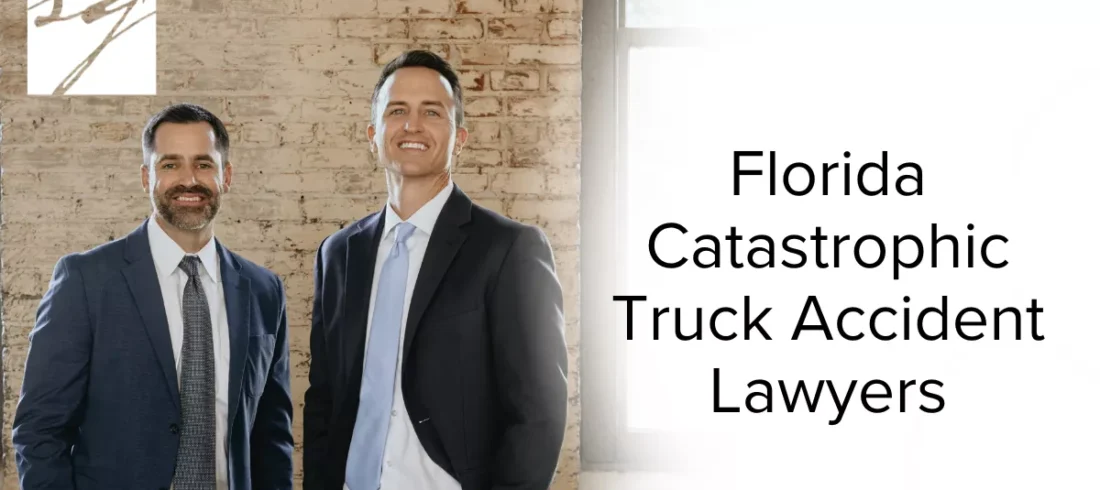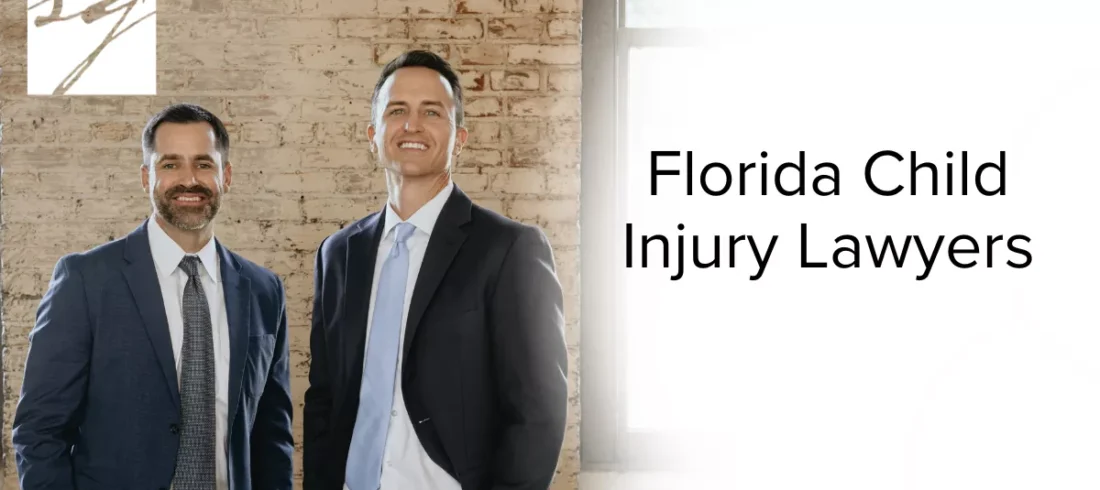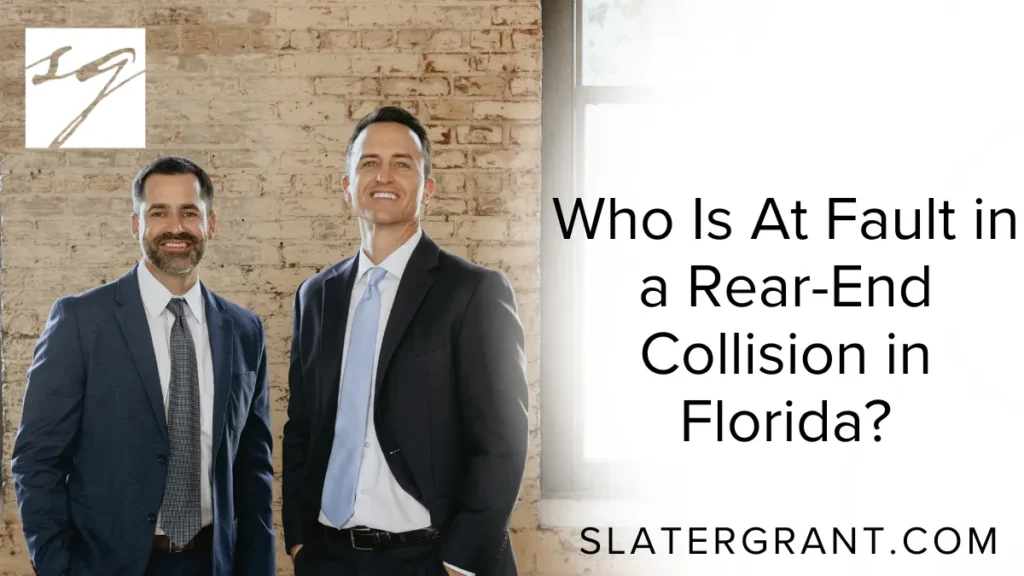
Rear-end car accidents in Florida are among the most common types of motor vehicle crashes. They often occur in seconds—when one driver is momentarily distracted, or traffic conditions change suddenly. In these situations, the law in Florida generally places fault on the rear driver. However, there are exceptions and nuances to consider. At Slater | Grant, we help clients across Tampa, Wesley Chapel, and throughout Florida navigate the legal complexities of rear-end accidents and fight for the compensation they deserve.
Complete the free case evaluation form or call us now at 813-995-6444 to take the first step toward justice.
Rear-End Car Accident Liability in Florida
In the majority of rear-end car accident Florida cases, the rear driver is presumed to be at fault. This is based on the legal principle of negligence, which implies that every driver is responsible for maintaining a safe distance from the vehicle in front to avoid a collision. If the rear vehicle hits the car in front, it’s typically because the driver was speeding, distracted, tailgating, or otherwise driving carelessly.
Florida law operates comparative negligence, meaning that multiple parties can share fault. If the lead driver contributed to the accident—such as by slamming on the brakes suddenly without reason or having malfunctioning brake lights—then they may be found partially responsible. However, proving that the front driver was negligent requires a strong legal argument backed by solid evidence.
Common Causes of Rear-End Car Accidents in Florida
Rear-end car accident Florida cases often result from:
Distracted Driving
Texting, using a smartphone, adjusting controls, or talking to passengers.
Tailgating
Following too closely, especially in stop-and-go traffic or on highways.
Speeding
Driving over the speed limit or too fast for conditions.
Weather Conditions
Rain, fog, or wet roads that reduce visibility and traction.
Sudden Stops
Unexpected stops by the lead vehicle, sometimes due to road hazards or traffic congestion.
Mechanical Failures
Brake failures or worn tires that reduce stopping ability.
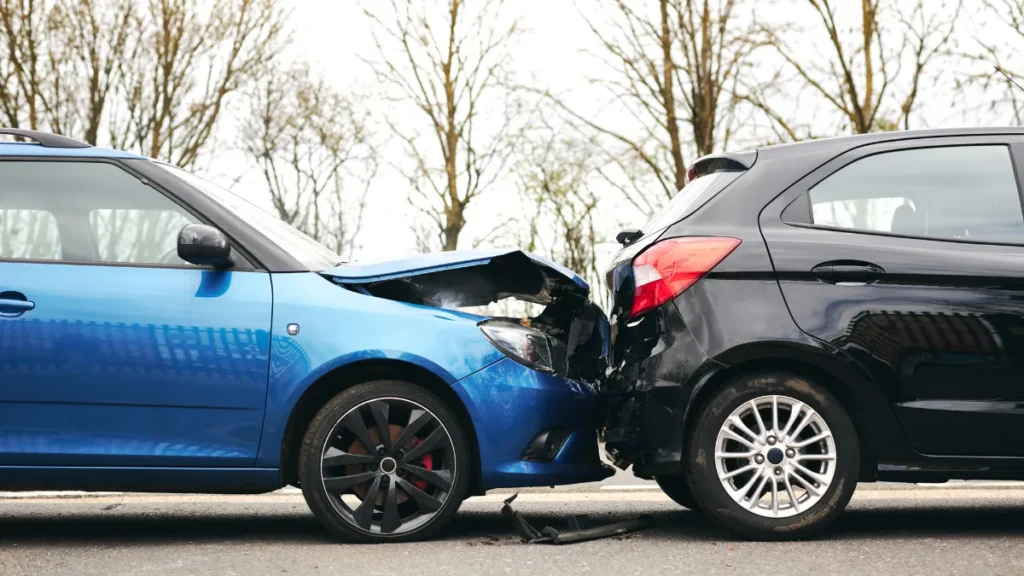
What to Do Immediately After a Rear-End Collision
If you’ve been involved in a rear-end car accident in Florida, take the following steps:
Ensure Safety
Move to a safe location if possible and check for injuries.
Call 911
Always report the accident and obtain a police report.
Document the Scene
Take photos of the vehicles, road conditions, and injuries.
Exchange Information
Get the names, contact details, and insurance information of all parties involved.
Seek Medical Attention
Some injuries, like whiplash, don’t appear immediately.
Contact a Lawyer
Speak with a skilled attorney at Slater | Grant to protect your rights.
Determining Fault in Florida Rear-End Collisions
In rear-end car accident Florida claims, fault is determined by examining:
Police Reports
These often include the officer’s assessment of fault based on statements and evidence.
Witness Statements
Testimonies from other drivers or pedestrians can support your version of events.
Vehicle Damage
The location and extent of damage help indicate how the crash occurred.
Traffic and Surveillance Footage
Video recordings can serve as undeniable proof of the events leading to the crash.
Expert Analysis
Accident reconstruction experts may be used to demonstrate how the collision happened.
Exceptions to Rear Driver Fault in Florida
While the rear driver is typically at fault, Florida law recognizes several exceptions, such as:
Sudden and Unexpected Stops
If the lead driver stops abruptly without a legitimate reason, they may share fault.
Mechanical Failures
A lead vehicle with broken brake lights or signals can contribute to a collision.
Cutting In
If the lead vehicle suddenly cuts into your lane without warning or signaling, they may be liable.
To prove these exceptions, strong evidence and legal experience are essential. Our attorneys at Slater | Grant know how to uncover the truth and present it persuasively to insurers or in court.
Injuries Commonly Seen in Rear-End Car Accidents in Florida
Rear-end car accident Florida victims may suffer a wide range of injuries, including:
Whiplash
The most common injury from rear-end collisions, affecting the neck and spine.
Concussions and Head Injuries
Caused by impact with the steering wheel or headrest.
Back and Spinal Cord Injuries
Herniated discs, nerve damage, and long-term mobility issues.
Facial Injuries
From airbag deployment or shattered glass.
Broken Bones and Soft Tissue Damage
Especially in the arms, legs, or chest.
It’s vital to seek immediate medical care, not only for your health but to strengthen your legal case. Medical records serve as critical evidence when pursuing compensation.
Compensation Available After a Rear-End Accident in Florida
If you’re injured in a rear-end car accident Florida, you may be entitled to various types of compensation:
Medical Expenses
Hospital bills, rehabilitation, surgeries, medication.
Lost Wages
Income lost from time off work or inability to work in the future.
Pain and Suffering
Physical and emotional distress from the injury.
Property Damage
Costs to repair or replace your vehicle.
Punitive Damages
In rare cases where the other driver’s actions were especially reckless.
Our team at Slater | Grant will assess your claim, gather evidence, and fight aggressively to maximize your financial recovery.
Florida’s No-Fault Insurance Laws and Their Impact on Rear-End Car Accident Claims
Florida operates under a no-fault insurance system, which directly impacts how rear-end car accident Florida claims are handled. Under this system, every driver is required to carry Personal Injury Protection (PIP) insurance, which provides coverage for medical expenses and lost wages regardless of who was at fault in the accident.
PIP insurance typically covers:
- 80% of Medical Bills
- 60% of Lost Wages
- $5,000 in Death Benefits, if applicable.
However, PIP benefits are limited and often insufficient in serious injury cases. In situations where injuries are deemed “serious” under Florida law—such as permanent disability, significant disfigurement, or substantial impairment—a victim can step outside the no-fault system and file a personal injury lawsuit against the at-fault driver.
This is a critical threshold. If you’ve suffered severe injuries in a rear-end car accident Florida, your recovery likely depends on moving beyond the limitations of PIP and pursuing a liability claim. At Slater | Grant, we know how to evaluate the severity of your injuries, document your losses, and demand full compensation through the appropriate legal channel.
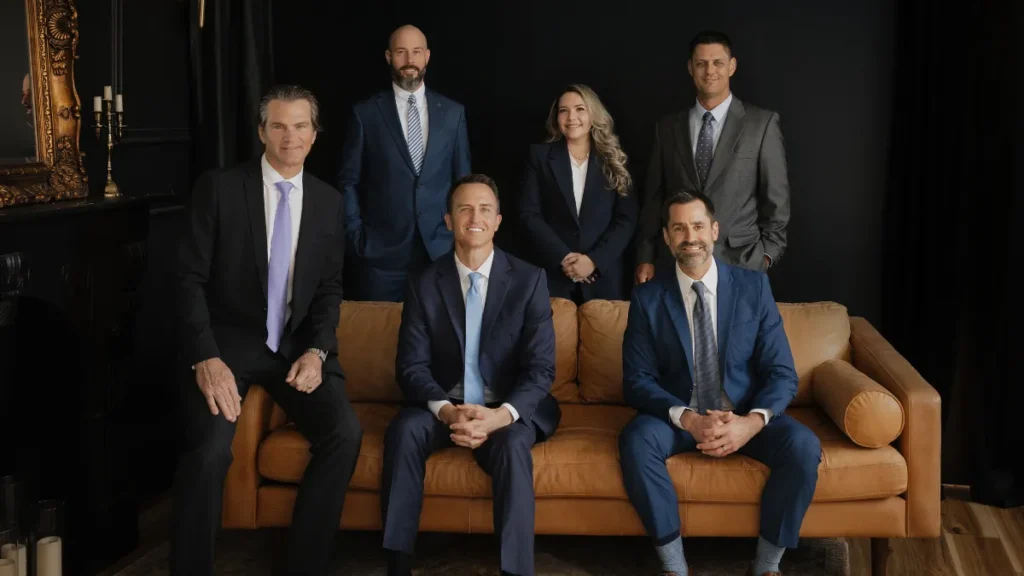
Why Choose Slater | Grant After a Rear-End Car Accident in Florida
At Slater | Grant, we are dedicated to representing accident victims throughout Florida. Our attorneys bring decades of experience, in-depth knowledge of Florida traffic laws, and a reputation for results. We do not represent insurance companies—we fight for you, the injured party.
We handle all aspects of your case, from the initial investigation to negotiating settlements and, if necessary, litigating in court. Our commitment is to obtain full and fair compensation for your injuries and losses.
Take Action Now – Protect Your Rights After a Rear-End Accident
If you or a loved one has been involved in a rear-end car accident Florida, don’t wait to get legal help. Insurance companies often try to settle quickly and for less than you deserve. Let our experienced team guide you through the process and help you recover what you’re owed.
Complete our free case evaluation form or call us now at 813-995-6444 to speak with a compassionate and experienced attorney at Slater | Grant.
Sources
- Florida Statutes – Chapter 316: State Uniform Traffic Control
Provides the laws governing traffic offenses, including rules of the road and legal responsibilities.
https://www.leg.state.fl.us/statutes/ - National Highway Traffic Safety Administration (NHTSA)
Offers data and studies on the causes and impacts of rear-end collisions nationwide.
https://www.nhtsa.gov/ - Florida Department of Highway Safety and Motor Vehicles (FLHSMV)
Includes accident statistics, safety campaigns, and information on reporting crashes.
https://www.flhsmv.gov/



